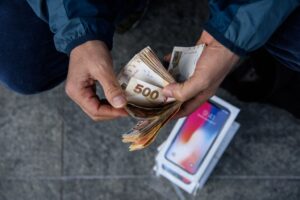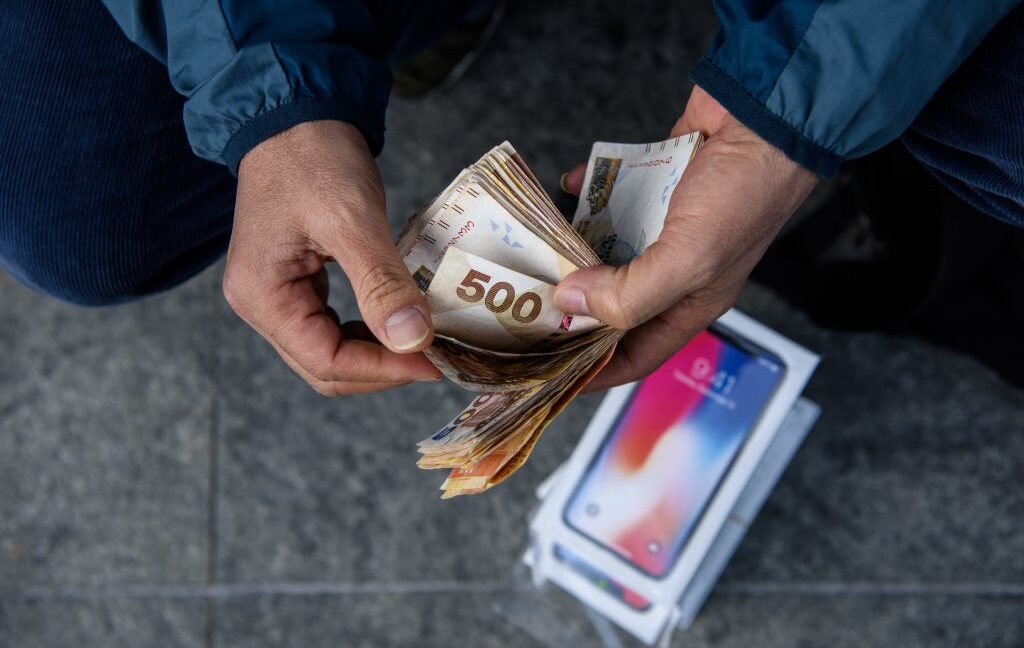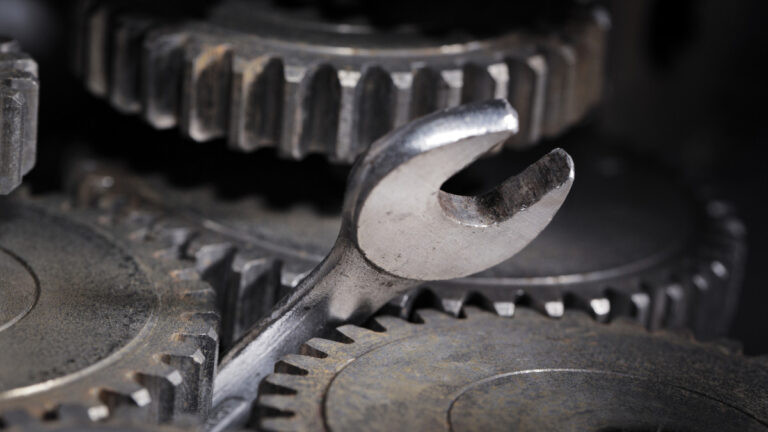Two men involved in an elaborate scheme duping Apple into replacing about 6,000 counterfeit iPhones with genuine iPhones were sentenced to prison this week, the US Department of Justice announced Thursday.
Together with their co-conspirators, the 34-year-old scammers, Haotian Sun and Pengfei Xue, squeezed Apple for about $2.5 million, as employees for years failed to detect what the DOJ described as a rather "sophisticated" scheme between 2017 and 2019.
Now Sun has been sentenced to 57 months in prison and must pay more than $1 million to Apple in restitution. For his part, Xue was sentenced to 54 months and ordered to pay $397,800 in restitution, the DOJ said. Additionally, both men must also serve three years of supervised release and forfeit thousands more following the judgment.
The scheme depended on tricking Apple into accepting bogus phones during returns by spoofing serial numbers or International Mobile Equipment Identity (IMEI) numbers linked to real customers' iPhones that were still under warranty. (Apple provides a one-year warranty for new iPhones discovered to have defects and sells insurance plans to extend the warranties.)
The scammers were caught and convicted of mail fraud and conspiracy to commit mail fraud after an Apple investigator tipped law enforcement off, a 2019 affidavit from postal inspector Stephen Cohen said.
Law enforcement intercepted packages and confirmed that thousands of counterfeit phones were being shipped from China, then submitted to Apple for repairs either by mail or in person. These counterfeit phones, Cohen said, were either out of warranty or contained counterfeit parts, but Apple "wrongly" believed that they were real phones under real warranties, often replacing dozens of fake phones fraudulently returned in a single shipment, Cohen said.



 Loading comments...
Loading comments...
